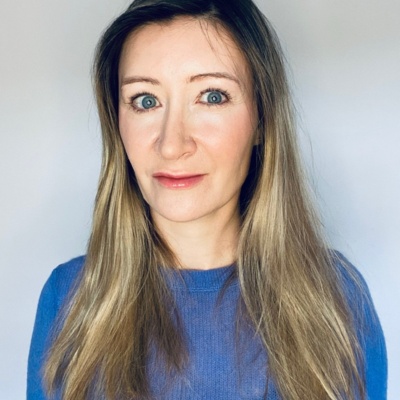Functional Neurological Disorder (FND) encompasses symptoms seemingly manifested through the neurological system but which are not caused by a physical neurological disease.
We view the mind and body as working in an integrated way which is reflected in our treatment approach.
Neuropsychiatry is ideally placed at the interface of neurology and psychiatry to create and deliver treatment programmes which integrate physical, behavioural and psychological factors relevant to the development of FND.
We look at both the symptoms and the narrative around symptoms which are important elements in the causation of the disorder. We look at precipitants and triggers to symptoms and perpetuating factors that may maintain them. We aim to address both. Sometimes, predisposing factors are important and our approach may raise awareness of the role these may play. Where co-morbid conditions play a prominent role, we may make suggestions as to how these could be explored.
The aim of our approach is to provide education and therapies which facilitate self-management. Individuals are guided to better understand their symptoms and to develop their own skills to manage, reduce and eventually in some cases, resolve them.
At present the approaches we use initially involve a combination of consultation and education. Further approaches include cognitive behavioural therapy, occupational therapy, physiotherapy focused on movement re-training and nursing interventions. These may be delivered remotely, face to face, in groups, in individualised multidisciplinary programmes within outpatient settings or inpatient environments.
We also provide specialist support and advice to our community partners in North Central London (NCL).
Therapeutic approaches
For referrals that are accepted, patients will be reviewed in a Multi-Disciplinary Team (MDT) assessment clinic. This is to consider what approach may best suit an individual. We run education seminars to improve insight and understanding into FND.
We also provide neuropsychiatric consultation, outpatient cognitive behavioural therapy and multidisciplinary programmes that combine cognitive behavioural therapy, occupational therapy, physiotherapy including for movement re-training, nursing and psychiatry.
FND patient self-help videos
We have developed some useful FND self-help videos for patients. In these videos, we review some of the key points to help manage functional movement disorders by implementing practical strategies.
General enquiries
Service management
Dr Panyiota Petrochilos – consultant neuropsychiatrist and neuropsychiatry service lead
Address
Department of Neuropsychiatry
National Hospital for Neurology and Neurosurgery
Queen Square
London
WC1N 3BG
GP contact
Other referral information
We accept referrals where:
- A diagnosis of FND has been made by a neurologist
- The individual understands and accepts the diagnosis following explanation.
- The individual is seeking and ready to engage with treatment with a view to making changes
- Treatment locally has been sought including through physical and psychological therapies
- Where individuals have been previously treated, please provide treatment details and outcomes
Further information which may help facilitate a discussion around the diagnosis and symptoms can be found at: www.neurosymptoms.org
We are a tertiary service and would recommend the attempts are made to treat and address issues locally in the first instance. Where patients have been previously treated, please provide details of treatment details to date and outcomes.
We are less likely to accept referrals on to active treatment pathways where:
- An individual is already in assessment or treatment for FND by another service at the point of referral.
- Chronic fatigue is a primary / predominant issue which could be addressed in a specialist service in the first instance.
- Pain is a primary / predominant issue which could be addressed in a specialist pain service in the first instance.
- High dose sedative medication of a degree which may impair ability to engage with treatment.
- Individuals may not be open, able, or ready to use a psychologically minded approach





